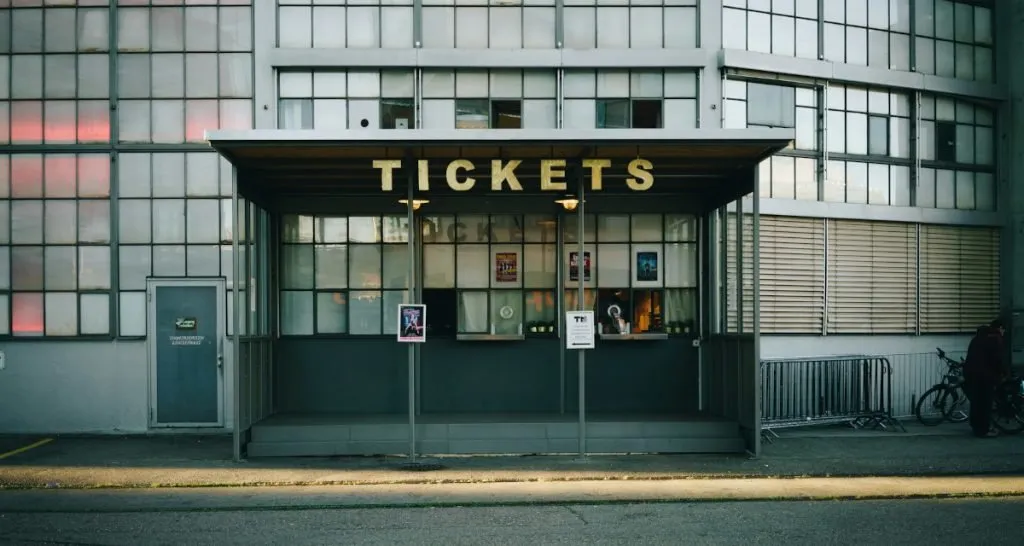The secondary ticketing world’s ties to criminal resellers are taking center stage amid continued events-sector regulatory scrutiny. Photo Credit: Claudio Schwarz
Secondary ticketing platforms’ reseller relationships are once again facing scrutiny – this time in a new “ticket tout” investigation from the BBC.
That investigation arrives amid continued Live Nation/Ticketmaster regulatory woes both domestically and across the pond. (Certain competitors are grappling with operational obstacles of their own, however.) Meanwhile, given the inherent incentive for fee-collecting secondary platforms to maximize pricing and volume, shady reseller connections aren’t exactly new.
Bearing as much in mind, the BBC zeroed in on details divulged during a pair of cases against ticket resellers. Ultimately “convicted of using fraudulent practices to get around restrictions” – buying all manner of tickets under a variety of names, that is – these individuals allegedly resold event passes between 2010 and 2017.
Another important note: The resulting competition-watchdog heat seemingly compelled Ticketmaster in 2018 to decommission resale platforms GetMeIn and Seatwave. Upon shuttering the Europe-focused services, the company integrated a “fan-to-fan ticket exchange” into Ticketmaster proper.
Getting down to it, then, former GetMeIn and Seatwave staff told the aforementioned outlet that they’d “worked closely with touts,” while team members “at Seatwave had a cosy relationship with” resellers, per the text.
Not stopping there, GetMeIn allegedly provided performance-based cash incentives to one of the convicted ticket fraudsters.
And a former Ticketmaster tech employee said his resale-minded team had coordinated with touts when “developing software that helped them sell tickets in the secondary market.”
Elsewhere in the report, the BBC highlighted separate reseller relationships attributable to Viagogo and StubHub – before briefly describing other alleged resale-platform shenanigans of years past. This includes alleged payments from touts to then-employees of GetMeIn and Seatwave for buying tickets.
Plus, 2015 is said to have seen a GetMeIn boss propose a meeting between one of the later-convicted resellers and a high-level Ticketmaster attorney who’s still with the company. (That longtime Live Nation legal exec, Selina Emeny, has seemingly deleted or set to private her LinkedIn page.)
Responding to the investigation and adjacent allegations of their ongoing employment of some involved higher-ups, Live Nation/Ticketmaster in more words downplayed the findings as irrelevant to the current market.
“Revisiting outdated claims about long-defunct businesses only serves to confuse and mislead the public,” Ticketmaster said in part.
Outdated claims or not, it’s safe to say many fans remain frustrated with event ticket prices. And with several lawsuits and inquiries in full swing, the heavily publicized investigation isn’t a great look for Live Nation and its Ticketmaster subsidiary.
In the UK, an Oasis ticketing debacle fueled a government plan to, among other things, cap resale prices altogether. Stateside, there’s a main DOJ antitrust suit seeking to split Live Nation and Ticketmaster; a distinct inquiry into “unfair and anticompetitive” live/ticketing practices; and rumblings of possible criminal charges against Live Nation as well as AEG.
Content shared from www.digitalmusicnews.com.

